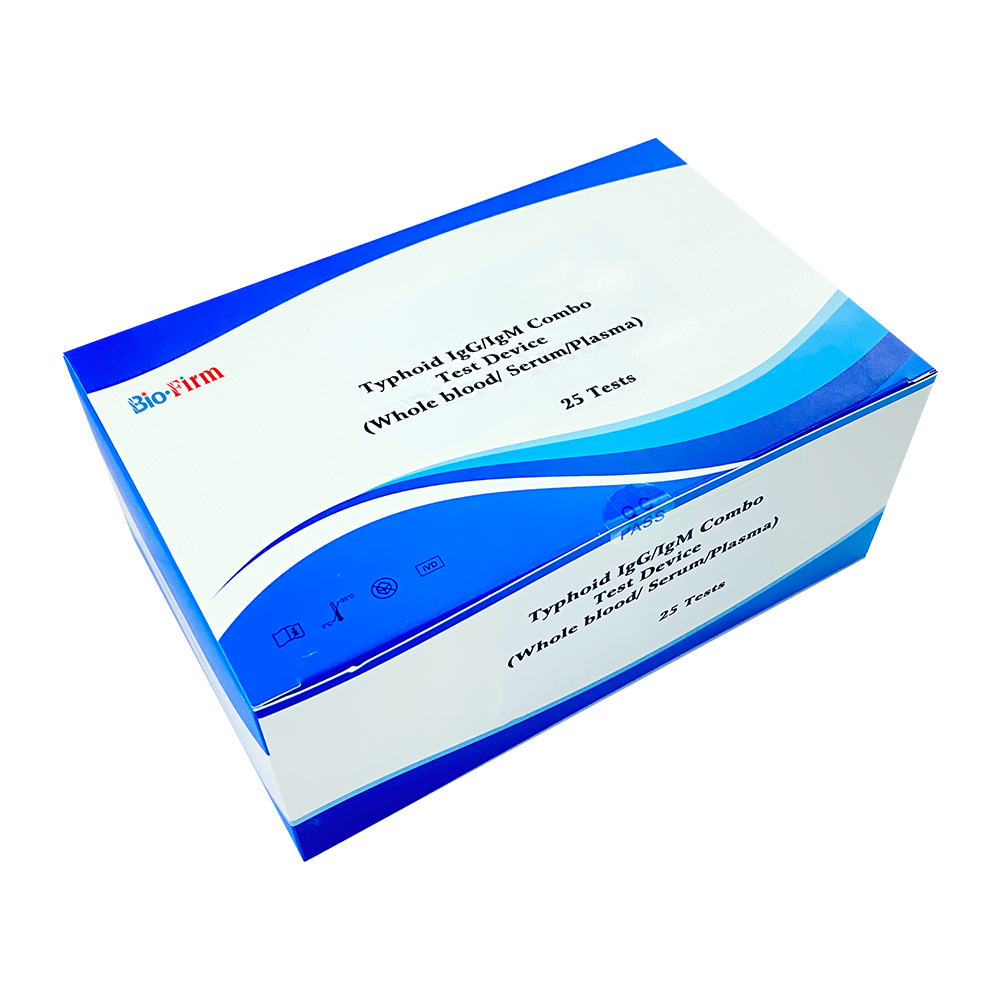Jul 01,2022
Identifying and validating specific antigens for tropical disease rapid tests involves a systematic process to ensure accuracy, sensitivity, and specificity. Here's an overview of how this is typically done:
Identification of Specific Antigens
Literature Review and Epidemiological Data: Researchers begin by reviewing existing literature and epidemiological data to identify antigens associated with the target pathogen or disease. This includes understanding which antigens are expressed during different stages of infection and their relevance in diagnosis.
Biomarker Discovery: Biomarkers such as proteins, enzymes, or genetic markers specific to the pathogen are identified through various molecular biology techniques, including proteomics, genomics, and transcriptomics.
Antigen Selection: Based on the identified biomarkers, antigens are selected that are:
Highly expressed and specific to the target pathogen.
Conserved across different strains or variants of the pathogen.
Immunogenic, meaning they elicit a strong immune response in infected individuals.
Validation for Clinical Use
Analytical Validation: This stage ensures that the selected antigens perform reliably in the laboratory setting:
Sensitivity: The ability of the antigen to detect the pathogen at low concentrations.
Specificity: The ability to distinguish the target pathogen from closely related species or non-target antigens.
Precision: The consistency of results when the test is repeated multiple times.

Clinical Validation: Once validated analytically, the antigens undergo clinical validation using patient samples:
Clinical Sensitivity: The ability of the antigen to detect true positive cases of the disease in infected individuals.
Clinical Specificity: The ability to correctly identify true negative cases, ensuring minimal false positives.
Comparative Studies: Antigens may be compared against established diagnostic methods (e.g., PCR, culture) to assess their performance in real-world conditions.
Field Testing: Antigens are further evaluated in field settings, such as endemic regions or healthcare facilities where the disease is prevalent, to assess their performance under diverse conditions and by healthcare providers with varying levels of training.
Regulatory Approval: Before clinical use, rapid tests incorporating the validated antigens must obtain regulatory approval from health authorities. This involves submitting comprehensive data on analytical and clinical validation, manufacturing processes, and quality control measures.
Continuous Monitoring and Improvement
Post-Market Surveillance: After deployment, ongoing surveillance monitors the performance of rapid tests in real-world settings, identifying any issues with sensitivity, specificity, or usability.
Research and Development: Continuous research aims to improve existing rapid tests by identifying new antigens or refining existing ones to enhance diagnostic accuracy and expand the range of pathogens detected.
By following these rigorous steps, researchers and manufacturers ensure that rapid tests for tropical diseases are reliable, effective, and suitable for clinical use, contributing to improved disease management and public health outcomes.



 Español
Español
 Français
Français
 Deutsch
Deutsch
 عربى
عربى








